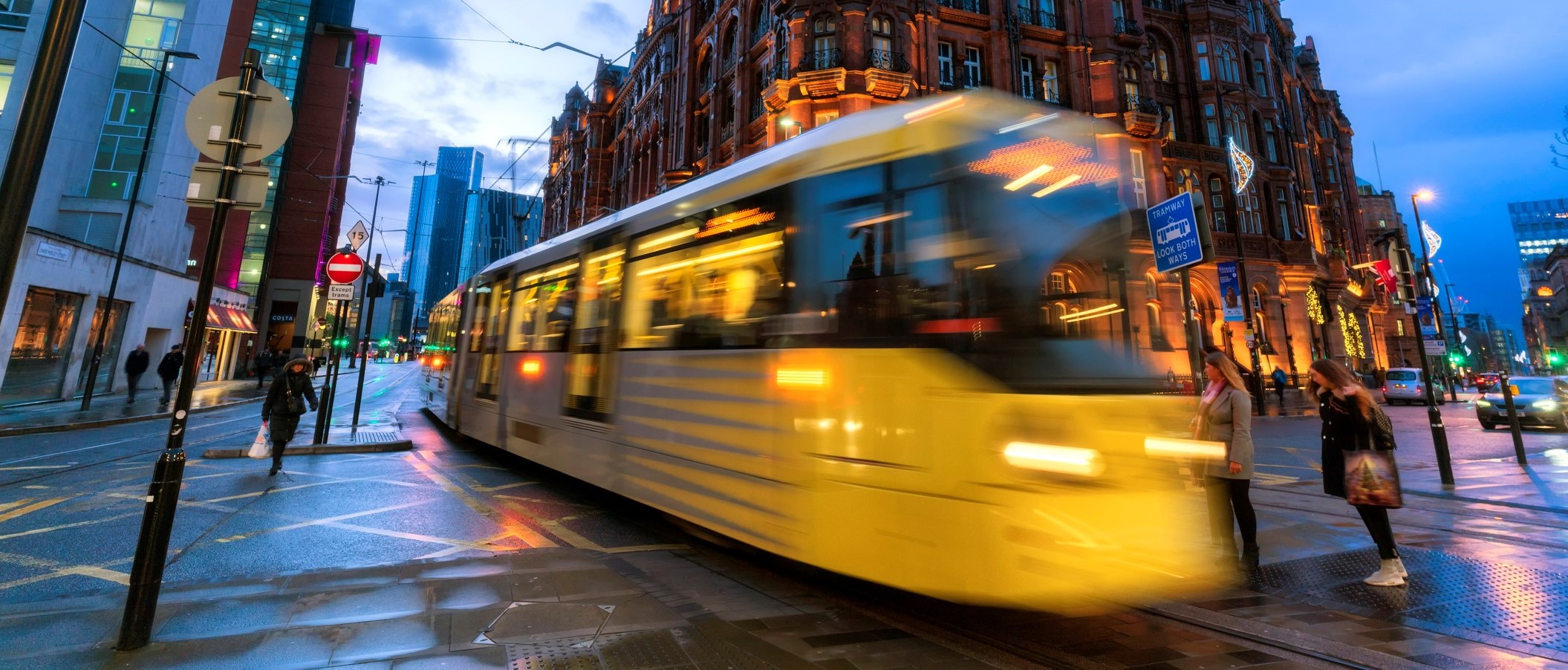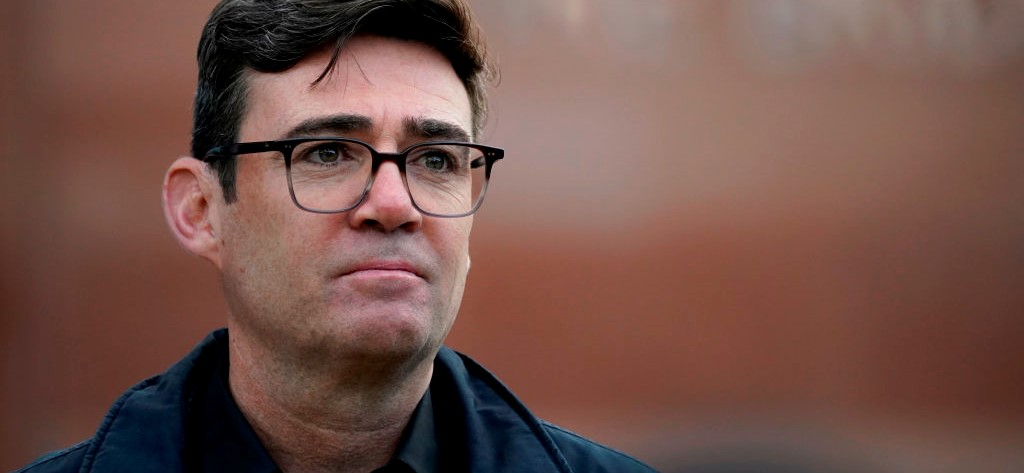‘Gridlock’ protests threat
About 400 hackney cab drivers could cause continued traffic chaos at Manchester Airport if a permanent solution in the dispute over being â€tucked away’ from travellers exiting terminal three is not agreed.
Unite said that two protests by hundreds of taxi drivers caused gridlock last week as they drove around the airport, following a move by the Manchester Airport Group (MAG) which placed the taxis â€out of sight’ of possible customers as part of the airport’s redesign strategy.
At the weekend, the airport agreed to allow the cab drivers to have four bays in operation at the front of terminal three for a temporary six week period to cover the busy holiday season – but Unite said on Monday (July 16) that this arrangement needed to be permanent otherwise more protests can be expected.
The row comes as the Civil Aviation Authority (CAA) said that four of the UK’s 30 biggest airports are falling short in providing access for those with disabilities, with Manchester rated as â€poor’.
“Since the drivers were pushed out of sight earlier this year, they are facing a loss of 40 per cent in their income which is very frightening for them and their families,” said Unite regional officer Steve Davies.
“The hackney cab drivers have been based in front of terminal three for picking up customers for decades and they were shunted around the side as if they were an embarrassing relative,” he added. “The airport bosses agreed at the weekend to allow four bays for the hackney cab drivers in front of terminal three on a six week temporary basis to cover the holiday season â€rush’.
“However, our members want this arrangement to be made permanent. Unless this happens, there could well be more gridlock protests.
“Our members provide a valuable service and are part of the fabric of the airport. Their case is further strengthened by the damning CAA report on disability access.
“For Manchester airport to come out bottom in this survey in providing support for disabled passengers is appalling.
“We are still calling for MAG to come to the table to negotiate a permanent solution,” Davies noted. “Our members feel very strongly about the shoddy way they have been treated, as they struggle to keep a roof over their families’ head and food on the table.”
 Like
Like Follow
Follow

